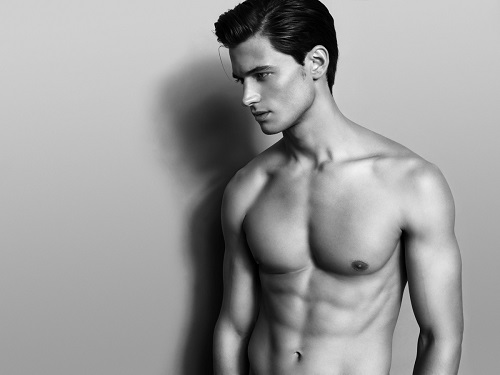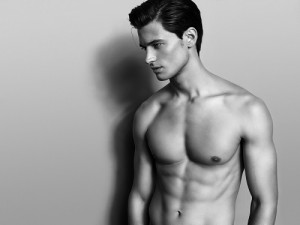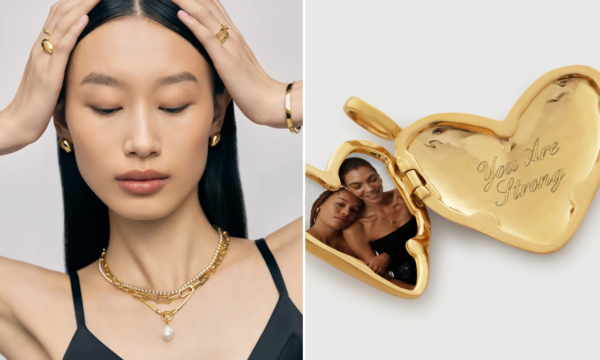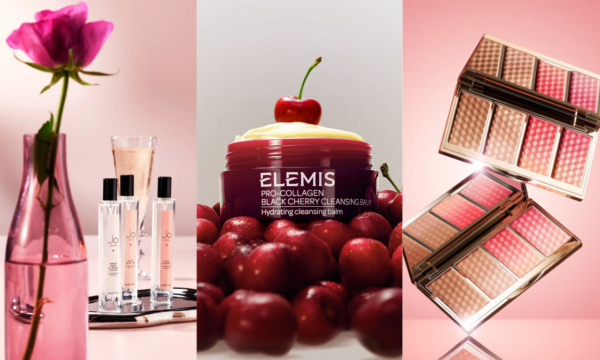Male body image and the pressures of perfection

The British Museum’s recently opened its Defining Beauty exhibition, which sees parallels drawn between Ancient Greek ideals of body image and modern expectations of masculine physicality. A survey conducted this year by Bluebella, gathering  information about the preferences of men and women toward their sense of the ideal body, found that the male respondents were inclined to aspire to the defined features of Ryan Gosling’s torso, Hugh Jackman’s biceps and Frank Lampard’s legs. In this day and age, men appear attracted to two looks: the lean, defined look akin to the Ancient Greek style, and the bodybuilder look, desiring to gain muscle size and strength.
information about the preferences of men and women toward their sense of the ideal body, found that the male respondents were inclined to aspire to the defined features of Ryan Gosling’s torso, Hugh Jackman’s biceps and Frank Lampard’s legs. In this day and age, men appear attracted to two looks: the lean, defined look akin to the Ancient Greek style, and the bodybuilder look, desiring to gain muscle size and strength.
Central to many fitness programmes, the focus on body type can lead to complex and demanding diet and exercise regimens to achieve the best results. The UK fitness industry was valued at £4.8 billion in 2014, having grown from £3.92 billion in 2013. The number of health clubs opening alongside product expansion and market penetration demonstrates the growing public desire to improve health and appearance.
A survey by Diet Chef in 2014 reported that a quarter of men aged between 20 and 30 experienced body insecurities. Research concerning anatomy and physiology has been absorbed into the wider consciousness thanks to mainstream publications like Men’s Health, Men’s Fitness and Livestrong, which have become increasingly available online.
Just as criticisms of media presentations of female bodies exist, men are subject to the same pressures. There are concerns about the extent to which the messages of achieving perfection have on male mental health. A 2000 article for the American Psychological Association stated that in trying to live up to the “macho” image reinforcing stereotypes of masculinity, men are risking harm to their health and wellbeing, becoming susceptible to physical and mental health problems. Recently, the influence of social media such as Instagram has arguably provided additional platforms for voicing expectations and amplifying social pressures.
Achieving the ideal body in a world dominated by celebrity culture and Photoshop, the truth about beauty is that it lies in the eye of the beholder. That said, personal happiness and living healthily are overarching goals that should be achieved long before the perfect body.
Emma Pugh























Facebook
Twitter
Instagram
YouTube
RSS